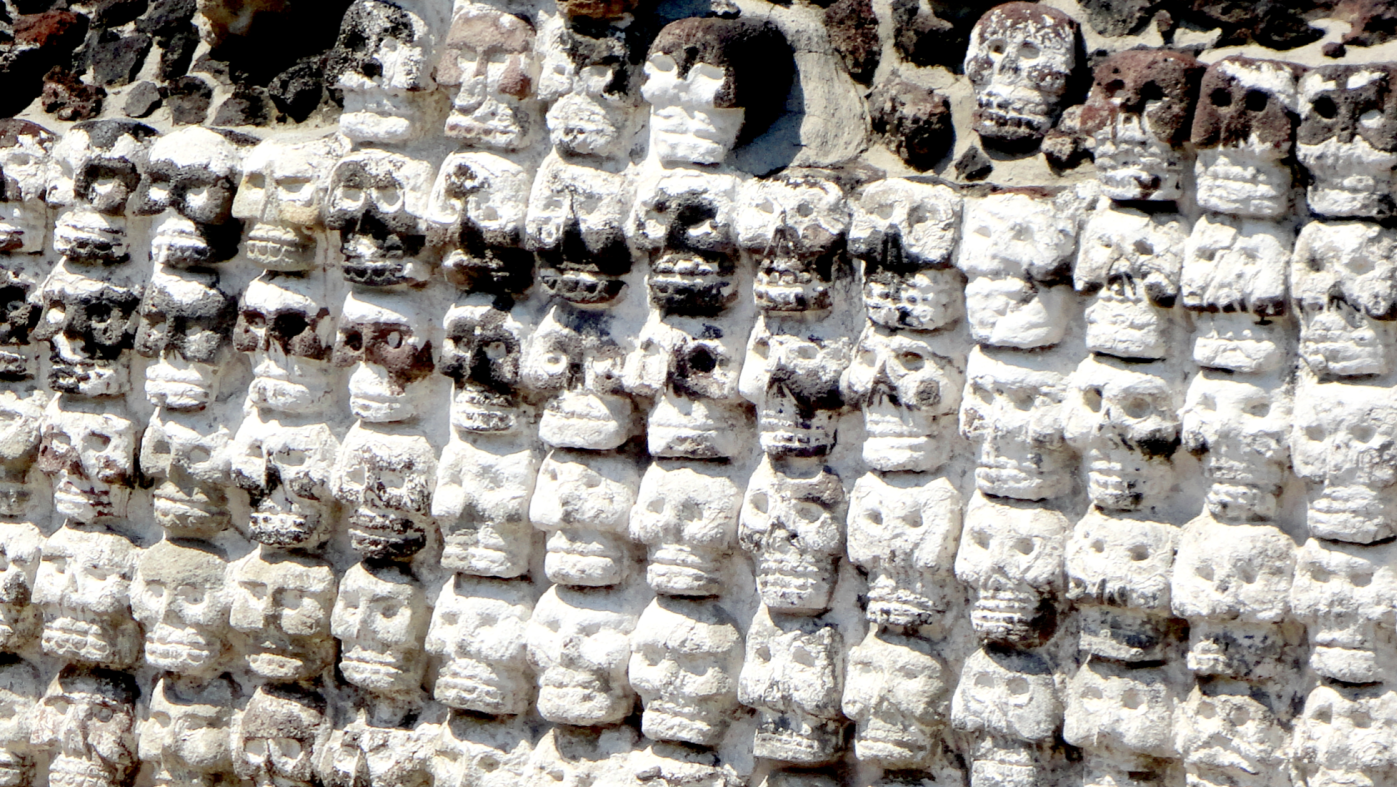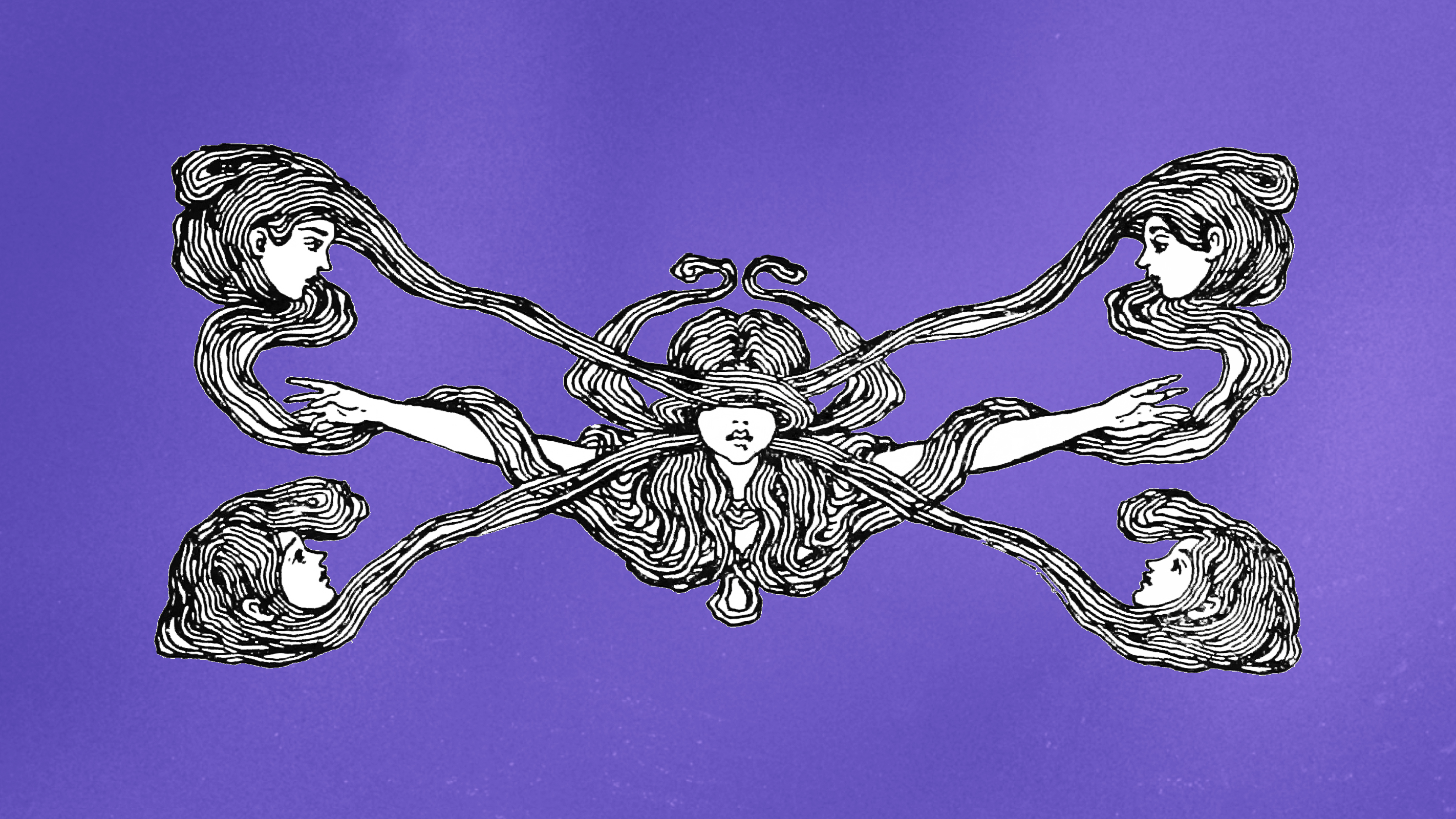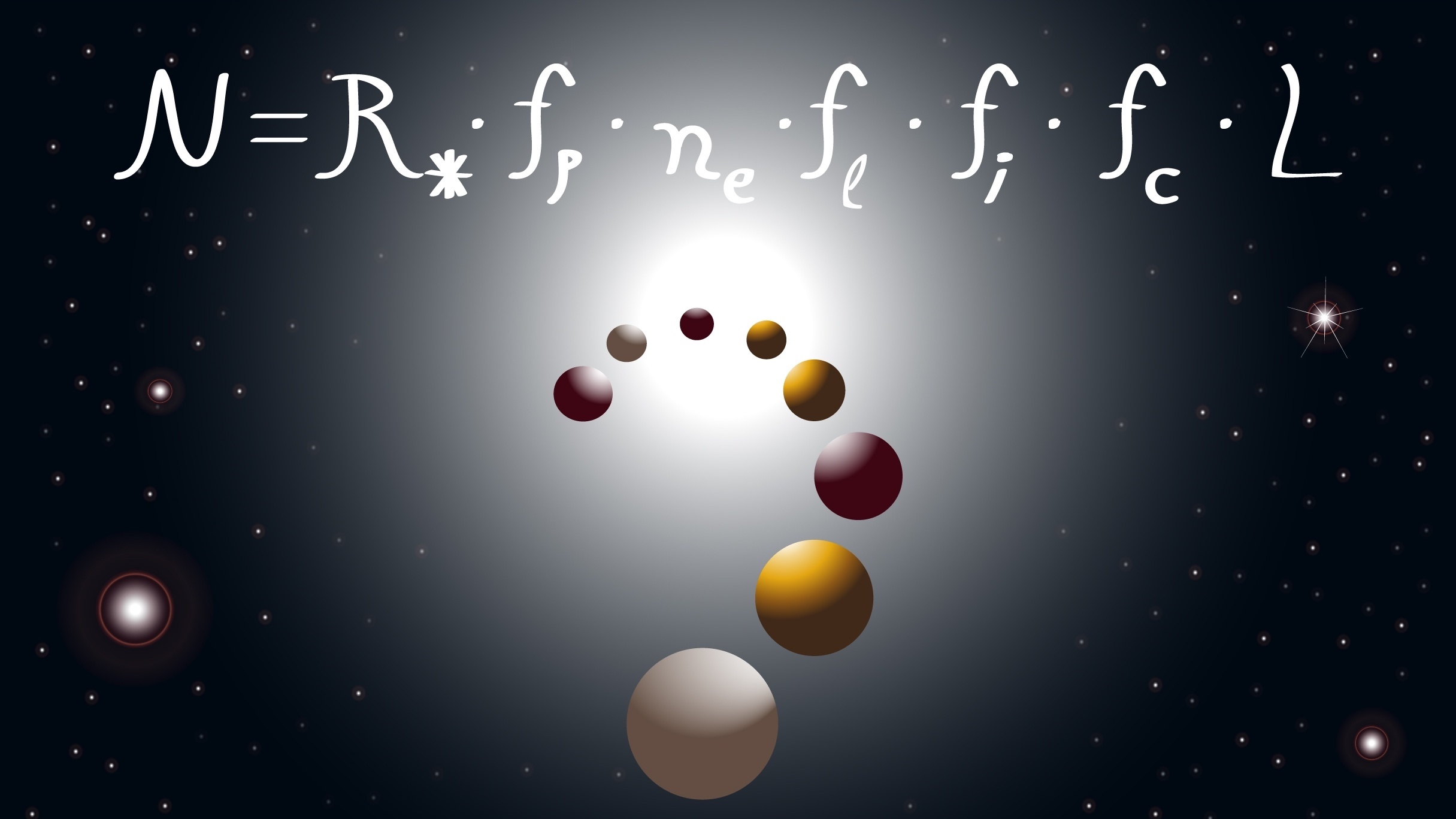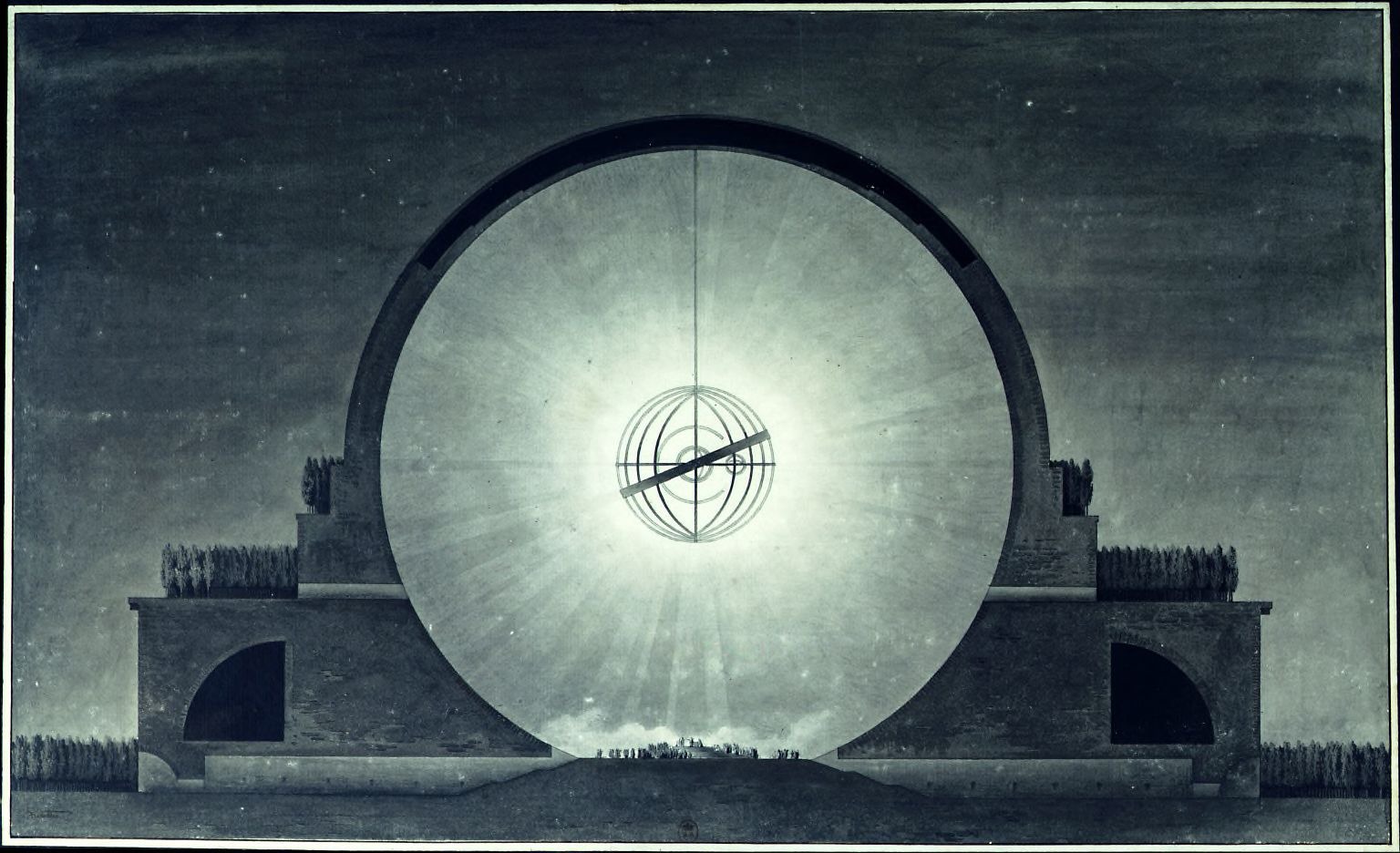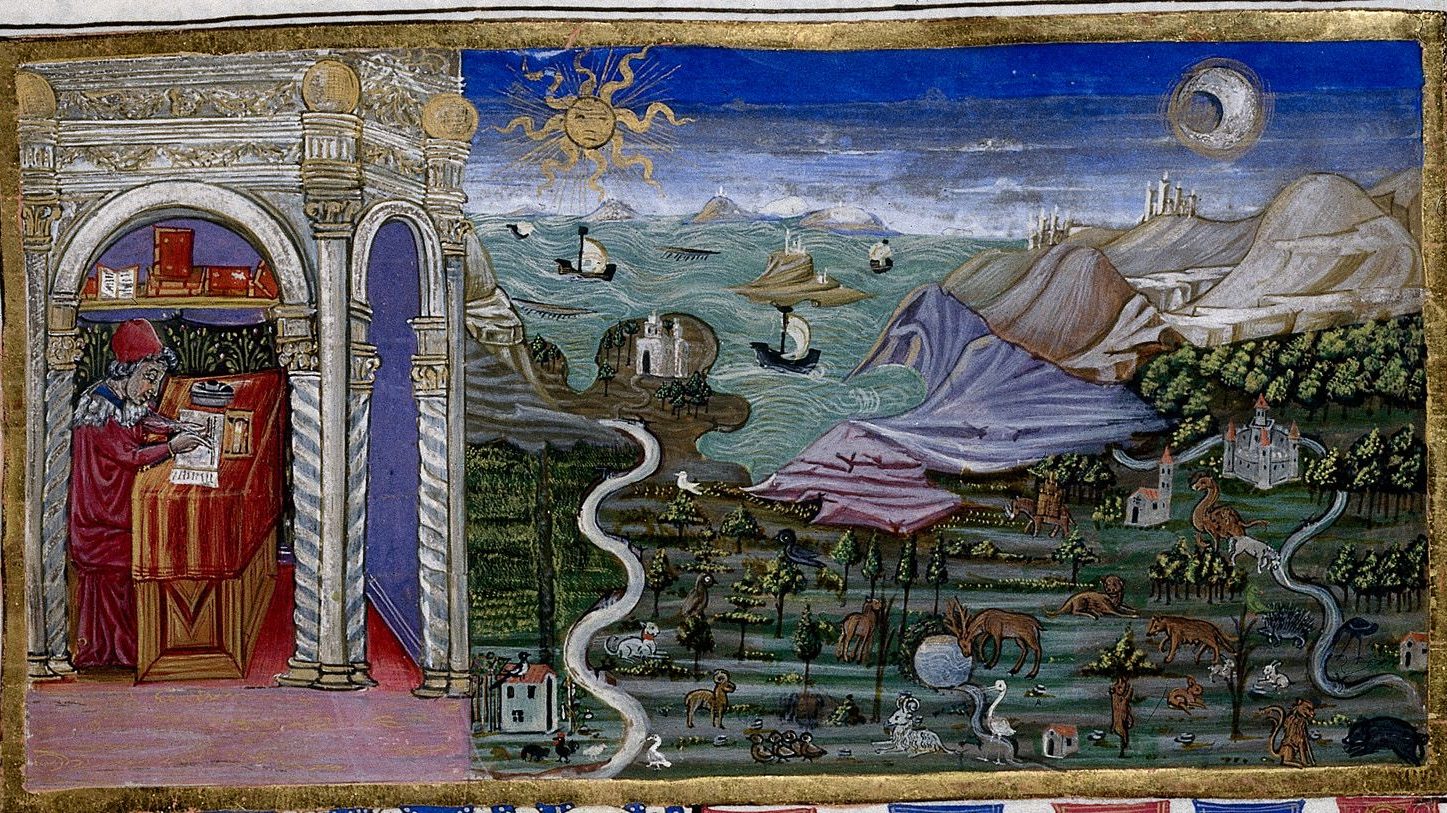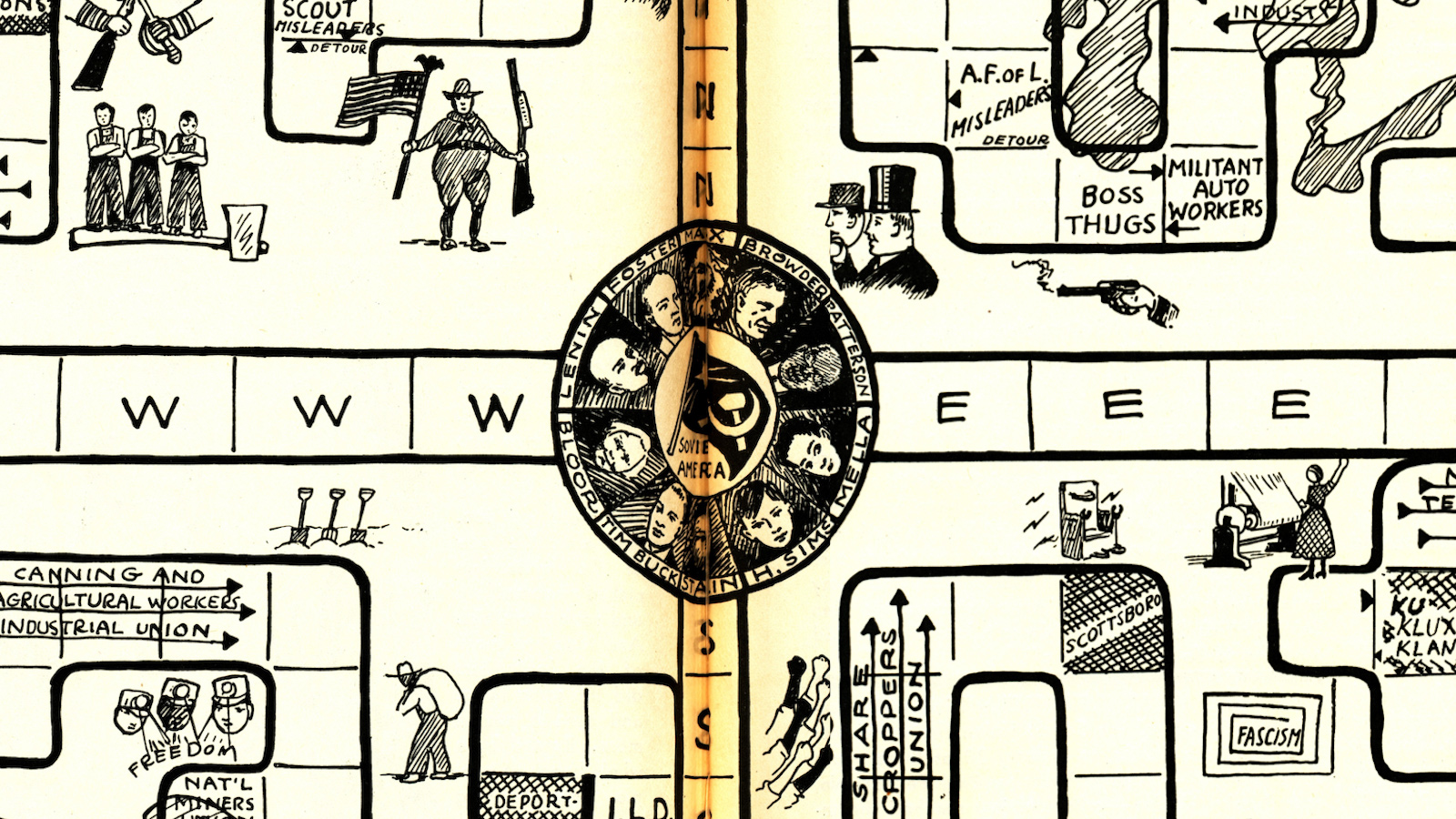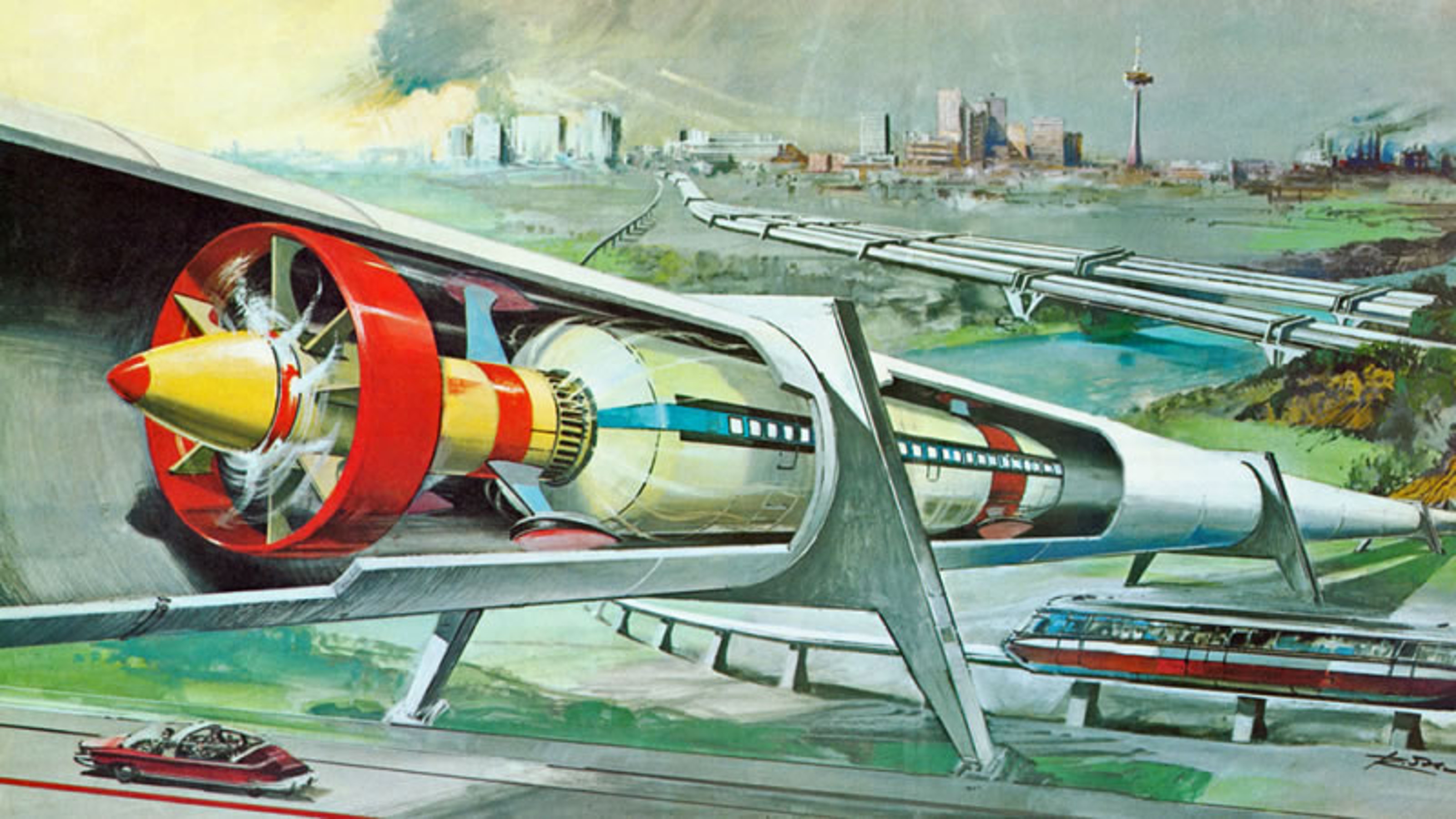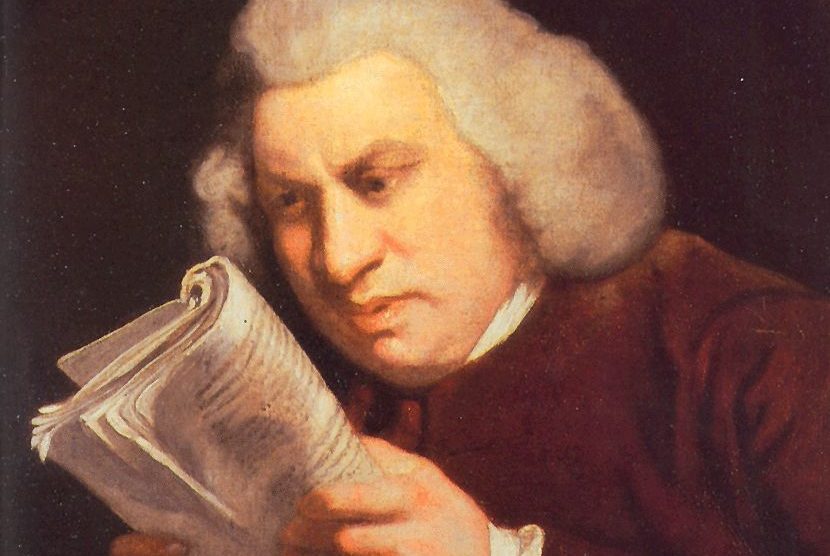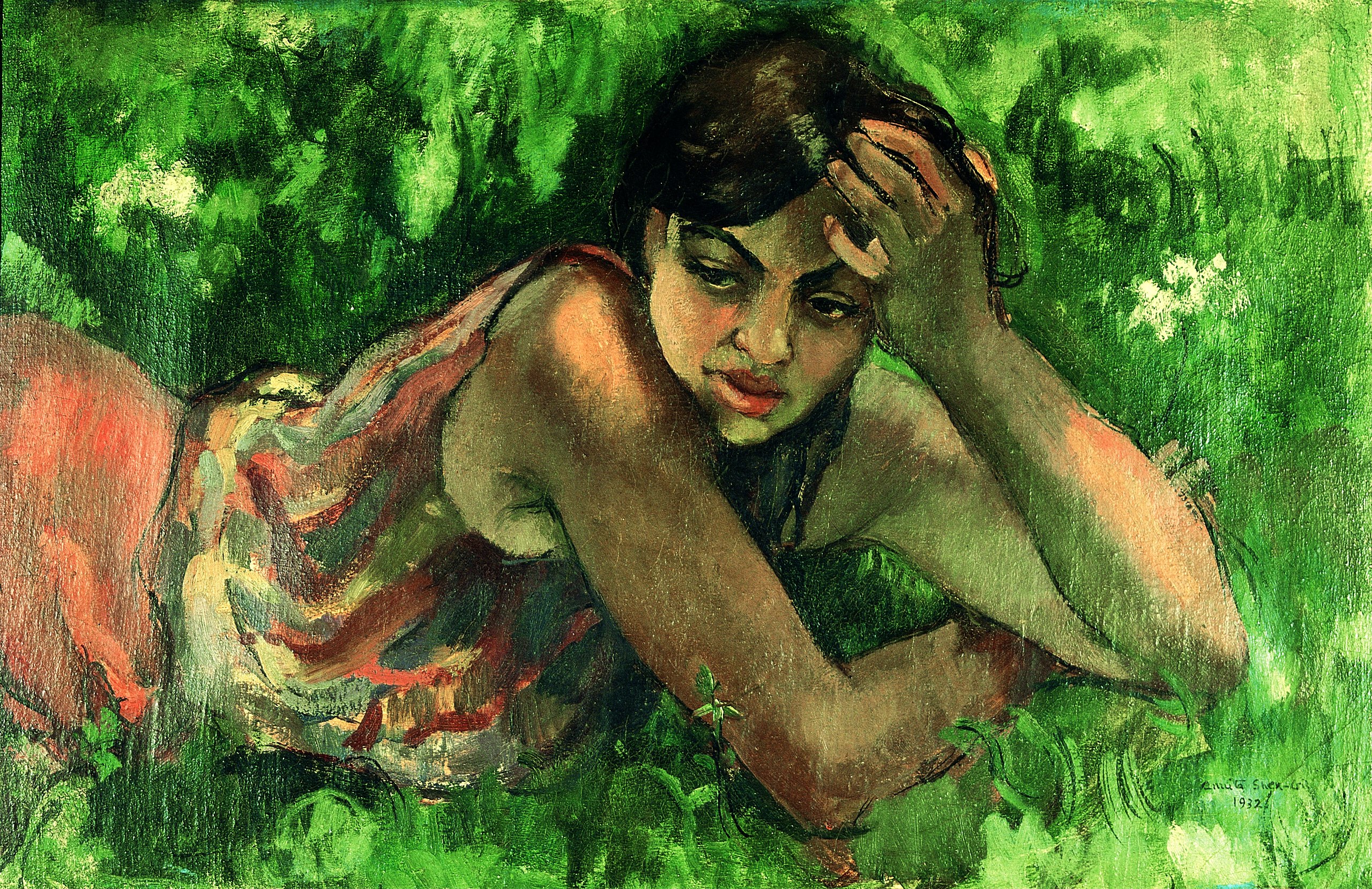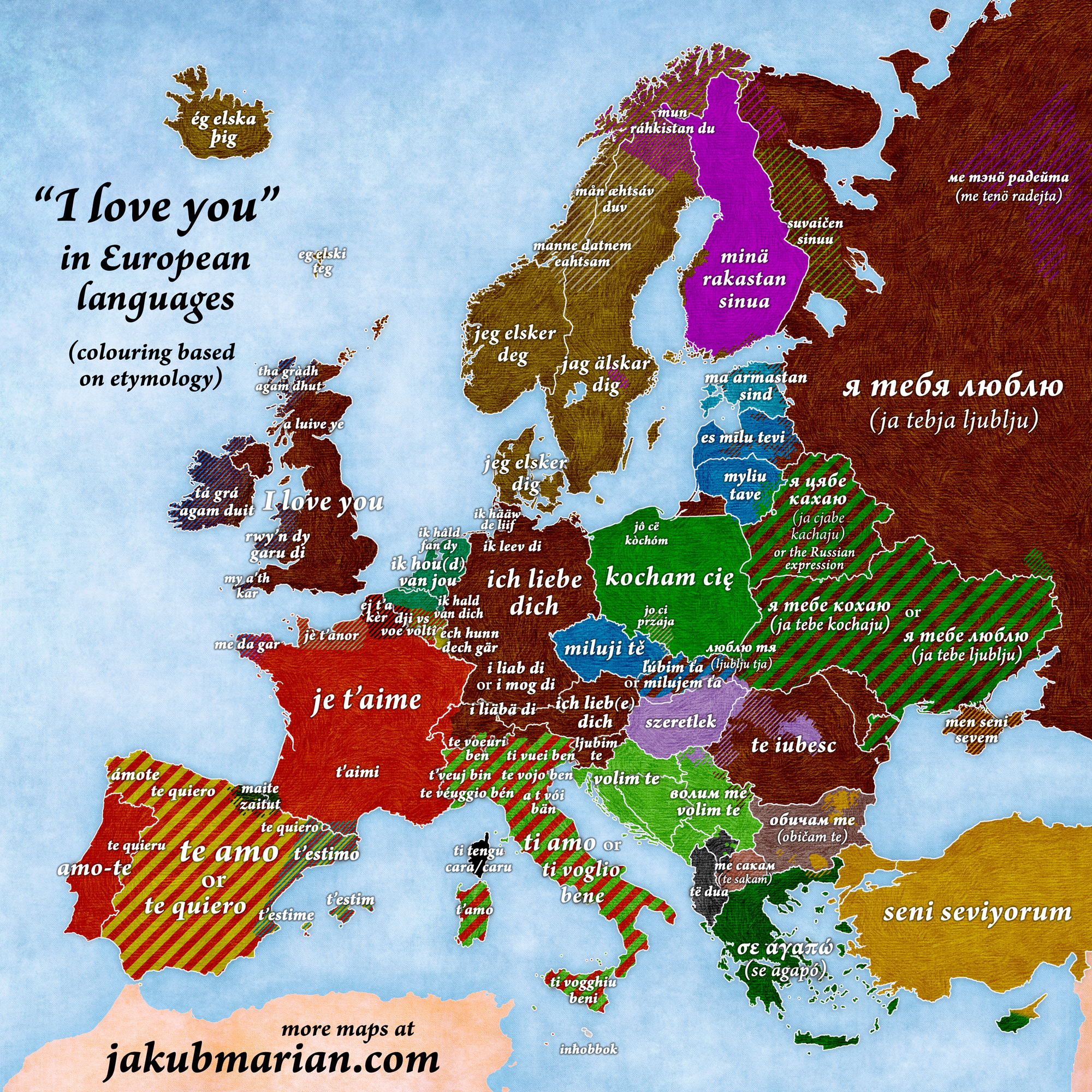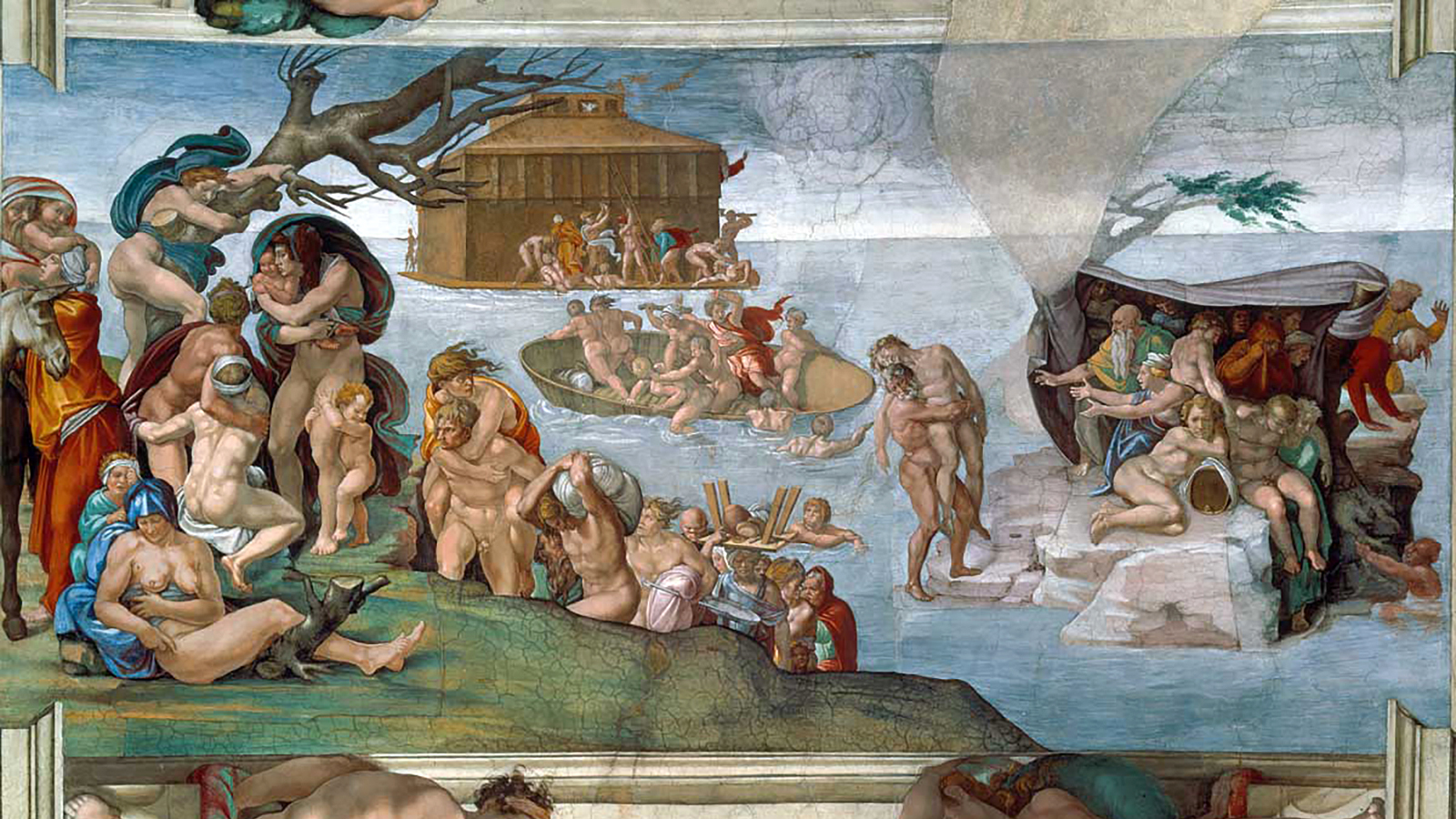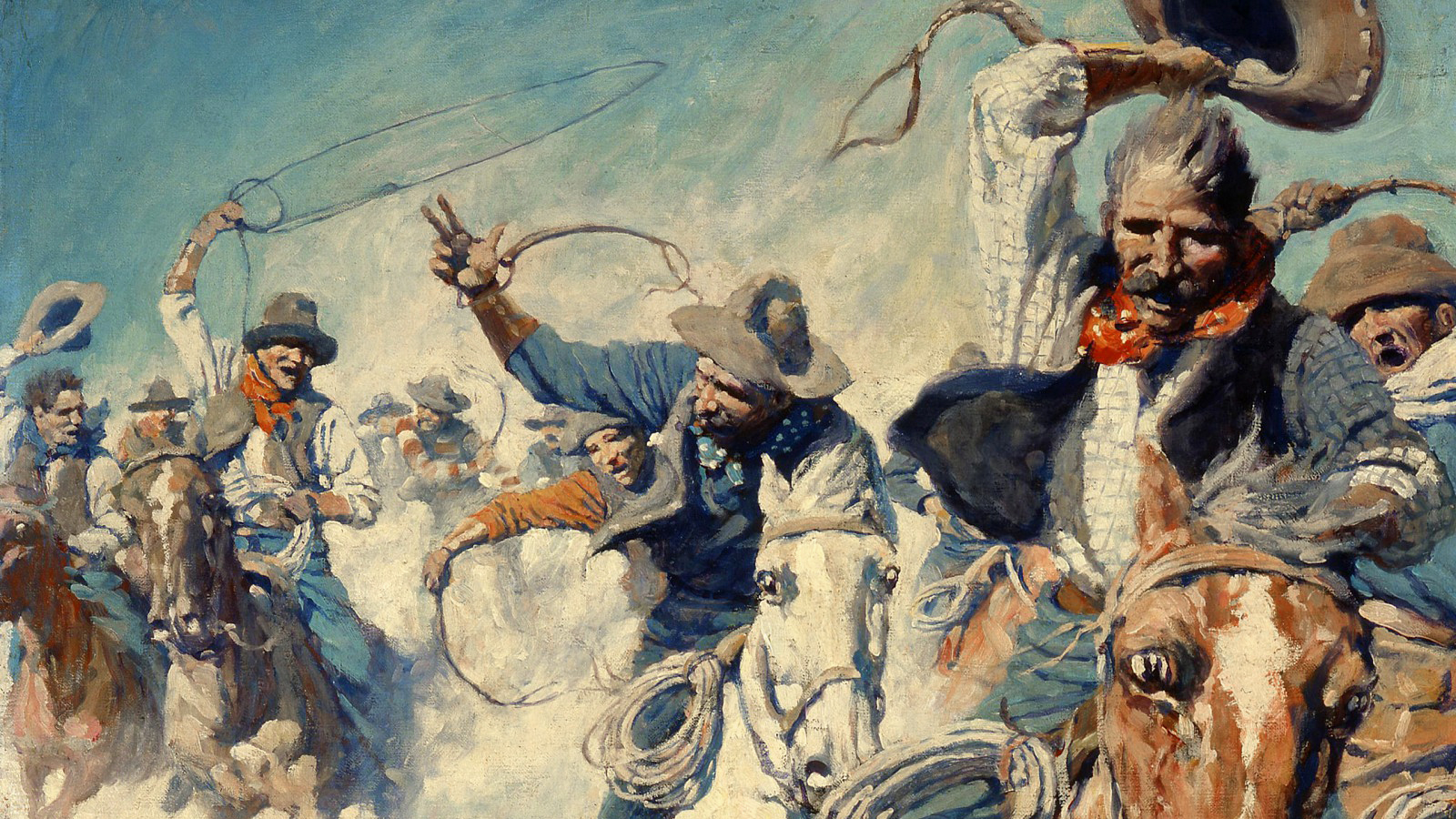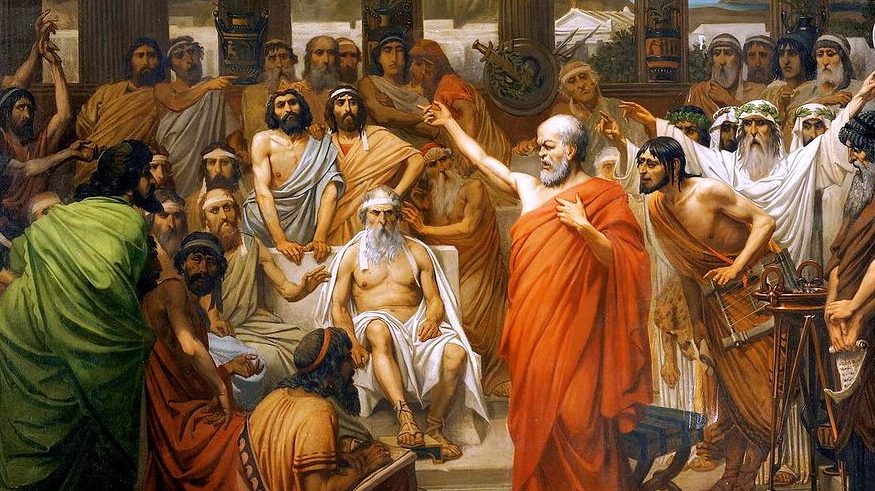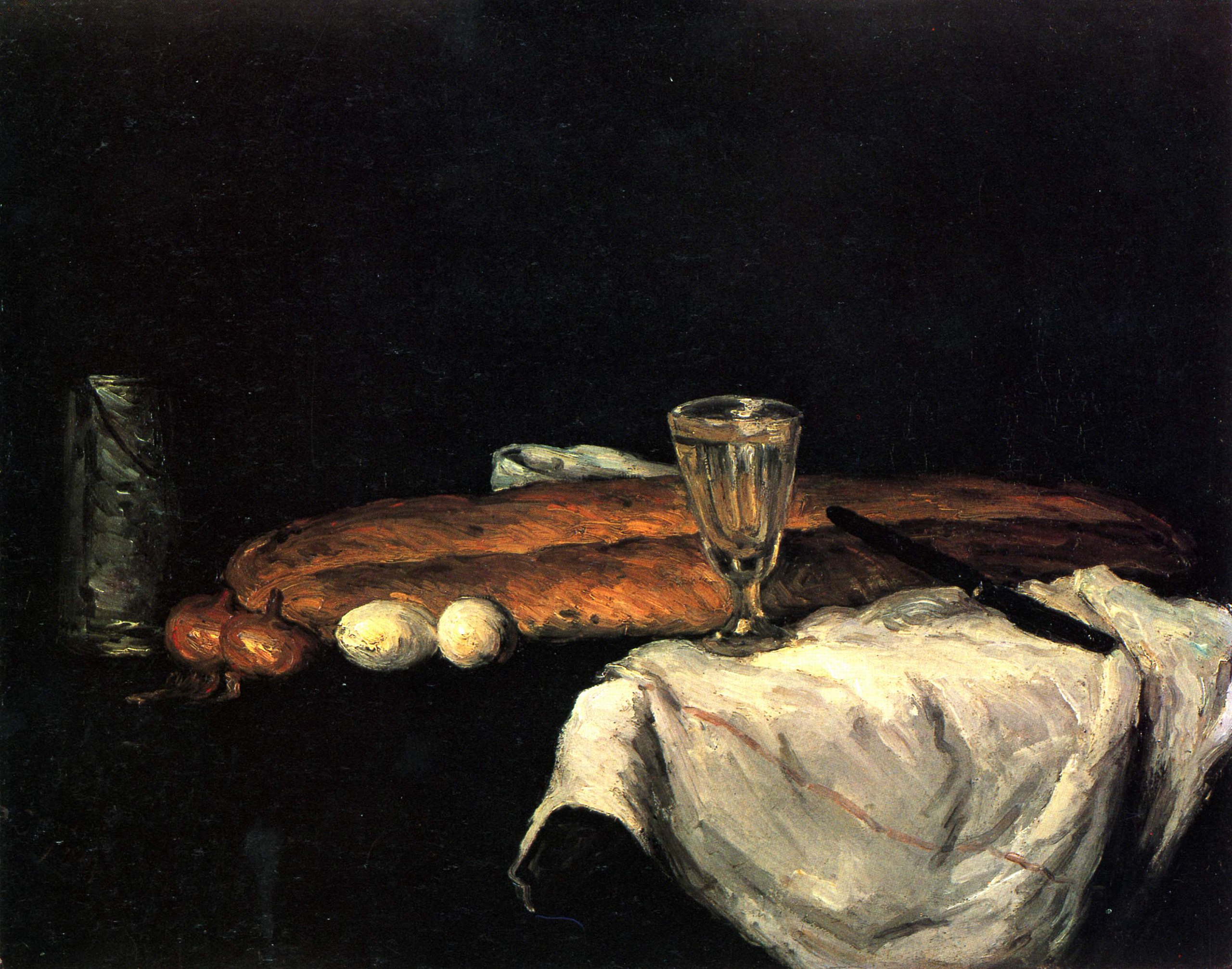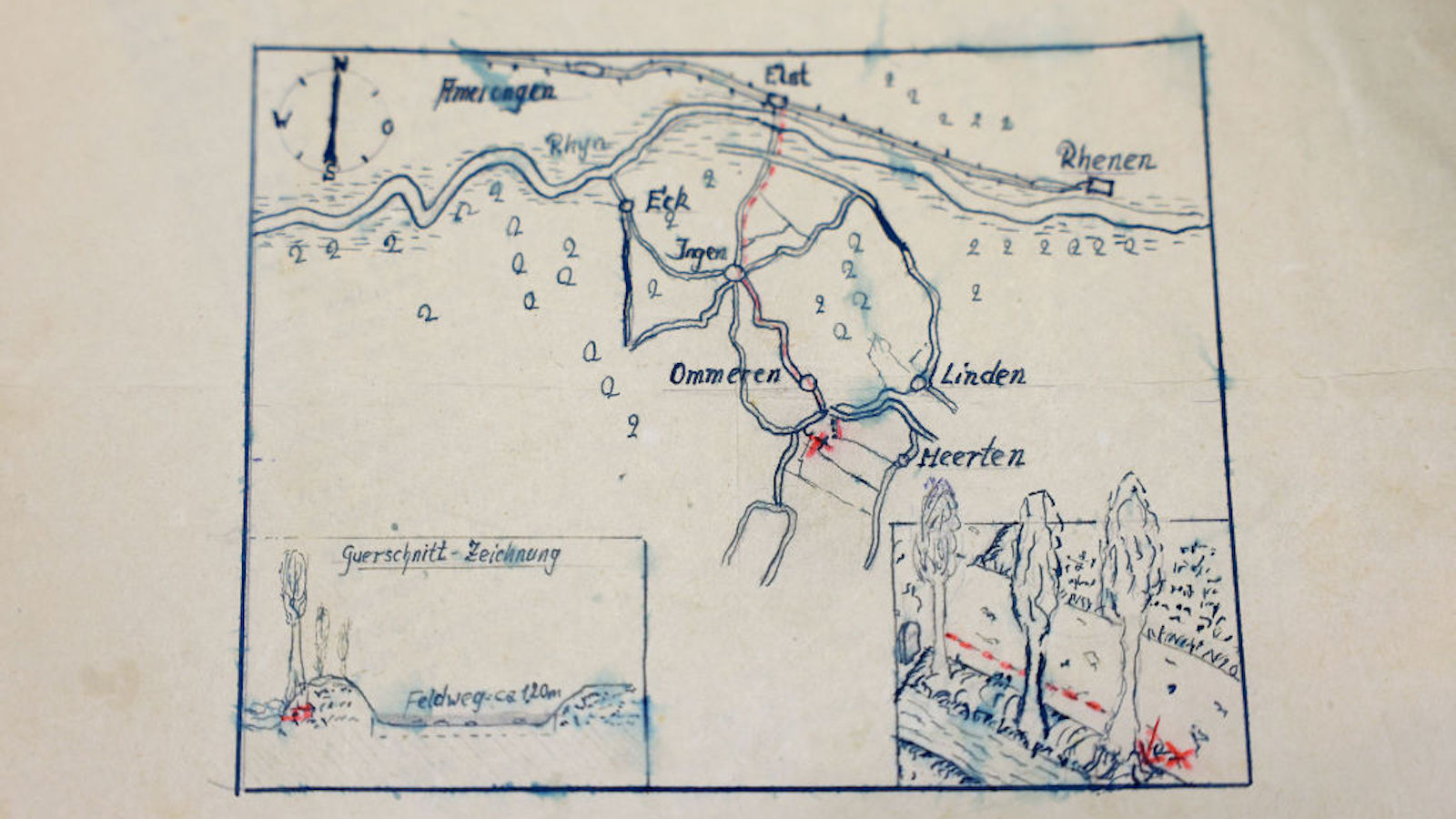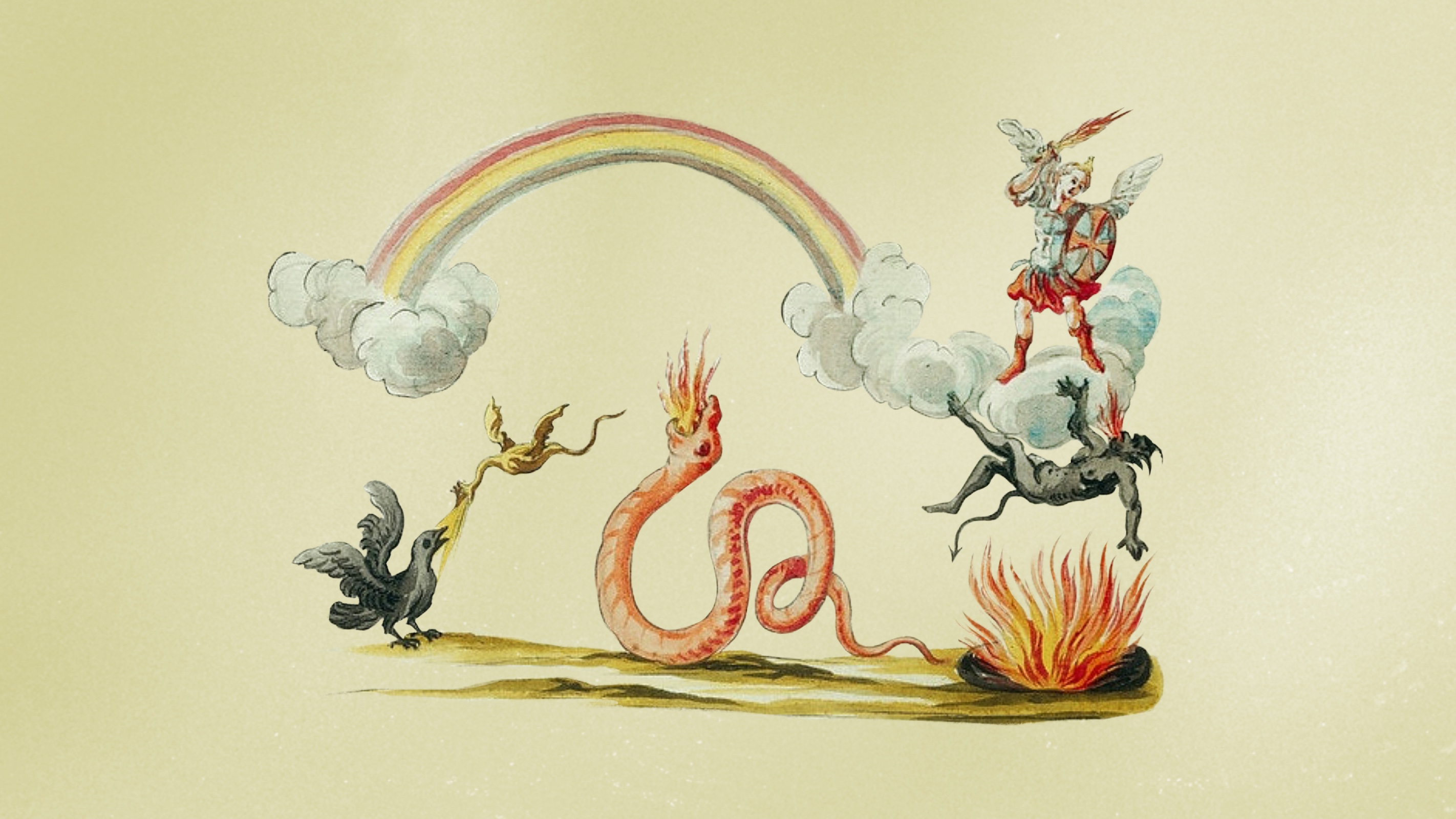history
“Painfully forced” is how one contemporary critic described Fitzgerald’s writing style.
Archaeologists turn to other scientific fields to fill in the picture of how victims lived and why they died.
A non-invasive method for looking inside structures is solving mysteries about the ancient pyramid.
The strange bronze artifact perplexed scholars for more than a century, including how it traveled so far from home.
Deep underwater, temperatures are close to freezing and the pressure is 1,000 times higher than at sea level.
Democratic freedom, rapturous religion, and newspapers created a hotbed for social experimentation in 19th-century America.
The Fermi paradox (along with the subsequent Drake equation) is so difficult that even brilliant thinkers can make little dent in it.
Telegrams were the “Twitter of the 1850s and 1860s” — and they elicited the exact same overblown fears as Twitter does today.
From the Palace of the Soviets to The Illinois, these unmade buildings would have taken the art of architecture to whole new heights.
This year marks 2,000 years since the birth of the Roman author of the first natural encyclopedia.
In 1934, American Communists translated a Stalinist book about revolution into a children’s game. Curiously, it didn’t catch on.
“I am an anthropologist, and for years, I have spoken to people who have had these experiences.”
Skepticism is appropriate when gazing into the futurist’s crystal ball.
Godfrey Hounsfield’s early life did not suggest that he would accomplish much at all.
It is a story with nebulous beginnings and no discernible end.
Art criticism is inherently subjective. Still, many critics have tried to make a case for why some of the world’s most celebrated books are in fact terribly written.
In the West, discussions of 20th-century painting are dominated by Warhol and Picasso, but trendsetting artists are found everywhere.
If you get married in South Africa, don’t be surprised if someone shows up to the ceremony dragging along a smelly goat.
How to say “I love you” in Basque, the “most loving” cities around the world, and where most of America’s singles live — and so much more!
Whether in Russia or China, the secret police are defined by their unquestioning loyalty — as well as by their poor career prospects.
Almost 18,000 projects, brought together on one clickable map.
This graph shows how badly German cities were hit by Allied bombing raids.
Could the prevalence of flood myths around the world tell us something about early human migration or even the way our brains work?
Lawmen and outlaws were often the same people.
Most philosophers merely contemplate the world, but what about the ones who actually tried to change it?
Ancient humans crossed the Bering Strait land bridge from Asia into North America. But some of them went back.
To answer that question, we may have to figure out when the famed painter started to go bald.
X marks the spot. The Dutch town of Ommeren has been swamped by detectorists armed with shovels looking for $20-million treasure.
Far from practicing witchcraft, the experimentation of medieval alchemists helped bring about the Scientific Revolution.
New blood types are regularly discovered by an unusual absence or an unusual presence — both of which can result in tragedy.

